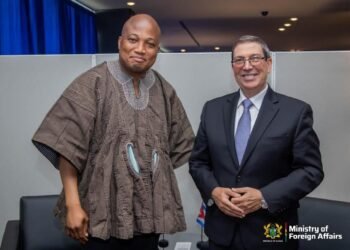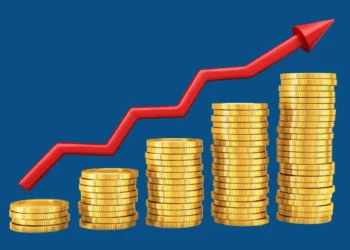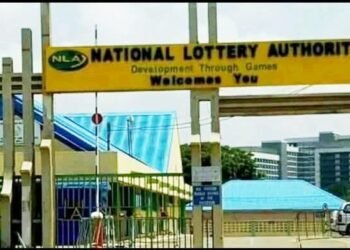Ghana’s small-scale mining sector is set for a major transformation following the official launch of the Responsible Cooperative Mining and Skills Development Programme (rCOMSDEP), a bold new initiative unveiled by the Minister for Lands and Natural Resources, Emmanuel Armah-Kofi Buah.
The programme, launched on August 6, 2025, at Black Park near the Obuasi Len Clay Sports Stadium in the Ashanti Region, aims to replace previous schemes that the current government has deemed ineffective and poorly managed.
Addressing a gathering of government officials, miners, and stakeholders in the mining sector, the Minister described rCOMSDEP as a comprehensive and progressive reform agenda, marking what he called a “defining moment in Ghana’s journey towards sustainable development.”
He emphasized that the new programme has received full endorsement from President John Dramani Mahama and Cabinet, reflecting a top-level commitment to responsible and inclusive growth in the country’s natural resource sector.
“This is not just another mining initiative.
“We stand at a crossroads where mining must become a catalyst for prosperity, not a curse on our land.”
Hon. Emmanuel Armah-Kofi Buah, Minister for Lands and Natural Resources
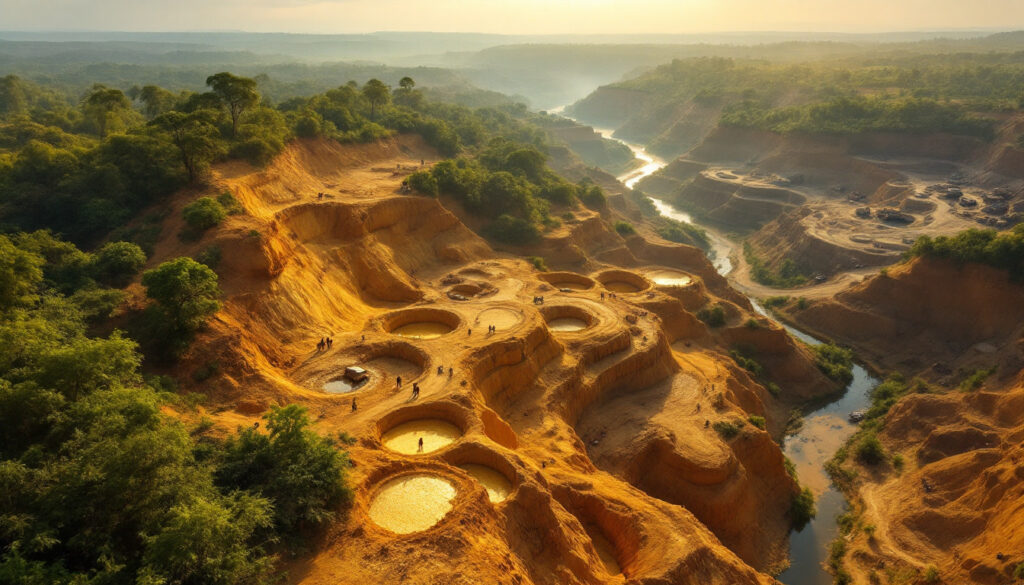
The newly introduced rCOMSDEP is designed to replace the Community Mining Scheme and the National Alternative Employment and Livelihood Programme (NAELP), both of which the Minister criticised for their lack of structure, accountability, and long-term impact.
According to him, the previous programmes failed to properly address the environmental degradation, illegal mining practices, and unemployment issues that continue to plague Ghana’s mining communities.
By contrast, rCOMSDEP is structured around a more sustainable and development-oriented model.
Its three strategic pillars include responsible cooperative mining schemes, the development of skills and alternative livelihoods, and the restoration of degraded lands across mining regions.
The overarching goal, the Minister noted, is to establish a legal and sustainable small-scale mining ecosystem that benefits both the economy and the environment.
“This programme is not just about mining, it’s about restoring dignity to our communities, providing jobs, and healing our lands.”
Hon. Emmanuel Armah-Kofi Buah, Minister for Lands and Natural Resources
Community-Driven Reform
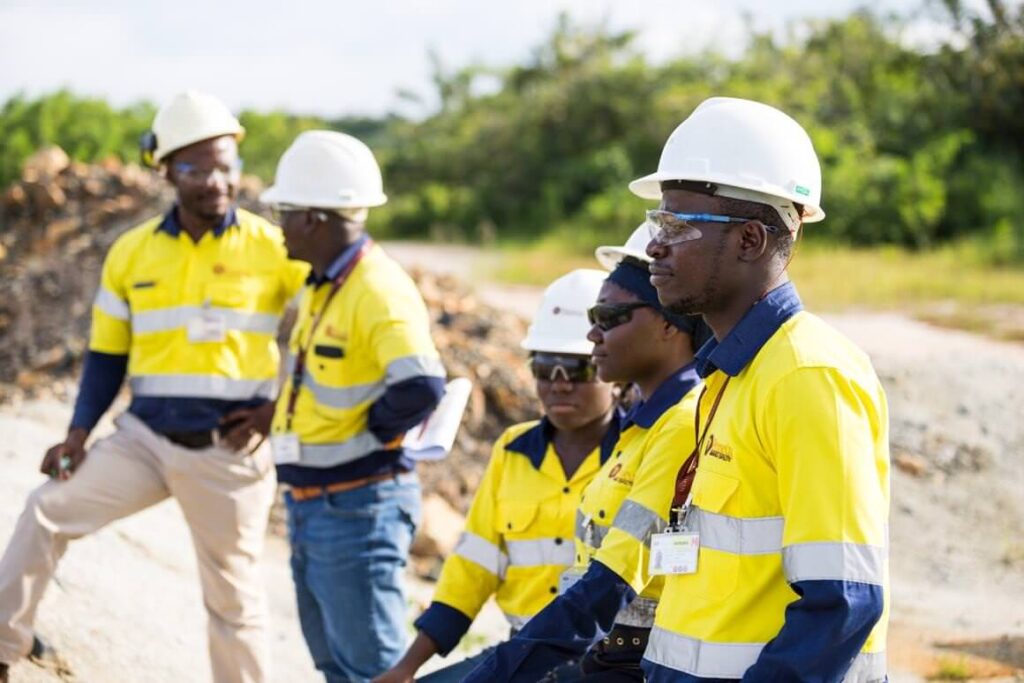
rCOMSDEP will be implemented through six interconnected components that aim to touch every facet of the small-scale mining value chain.
These include formalised cooperative mining schemes, provision of mine support services, vocational training and entrepreneurship opportunities, environmental rehabilitation projects, promotion of agricultural growth in mining areas, and broader community development initiatives.
Each component is designed to create a ripple effect of economic opportunities while reinforcing environmental protection standards.
Importantly, the nationwide rollout of rCOMSDEP will begin in the coming weeks. Training, certification, and licensing for artisanal and small-scale miners will be conducted in partnership with the University of Mines and Technology (UMaT) in Tarkwa, which will serve as a technical backbone for the programme.
This approach is expected to not only regularise the sector but also equip miners with the skills needed to operate safely, legally, and efficiently.
In his speech, the Minister passionately called for a collective commitment from industry players, community leaders, and citizens to support this new direction.
“Let us redefine the future of artisanal and small-scale mining. Together, we can build a sector that is safe, legal, and sustainable.”
Hon. Emmanuel Armah-Kofi Buah, Minister for Lands and Natural Resources
He also framed the new initiative as part of Ghana’s broader obligation to future generations, stating,

“The time has come to turn our waters blue and our forests green through responsible mining. We begin that journey today. We must succeed.”
Hon. Emmanuel Armah-Kofi Buah, Minister for Lands and Natural Resources
The unveiling of rCOMSDEP comes at a time when the country continues to grapple with the environmental and social consequences of unregulated small-scale mining, commonly known as “galamsey.”
Rivers, forests, and farmlands in many parts of the country have suffered immense damage, with communities paying the price in terms of health risks, economic displacement, and ecological degradation.
As the programme begins its rollout, many see rCOMSDEP as a litmus test for Ghana’s commitment to sustainable development, climate resilience, and rural economic transformation.
For communities affected by years of unsafe and unregulated mining, it may also signal a long-awaited shift toward dignity, opportunity, and regeneration.
READ ALSO: IMF Urges BoG to Hold Tight on Policy Rate to Cement Disinflation Gains


